Take a Walk on the Bright Side at the First Smithsonian Earth Optimism Summit
As an antidote to doom and gloom, a conference on Earth Day weekend, takes a look all the good that is being done
Most environmental news—habitat loss, global climate change, extinctions—seems to be bad news. It is easy to get the impression that the Earth is doomed, which doesn't encourage people to do something about it. This is what the upcoming Earth Optimism Summit is intended to push back against.
“If you just bludgeon people with the message that species are going extinct and the world is in great peril and you don't give them hope then people get discouraged and they give up,” says Steve Monfort, director and chief scientist of the Smithsonian Conservation Biology Institute and co-chair of the Earth Optimism advisory board. “Fundamentally, science tells us that the whole planet is in peril. That isn't in question any more. Not just climate change—humans have been impacting the planet for millennia. Fragmenting habitat, invasive species, things like that. What are we going to do about it?”
The three-day summit, running from April 21 through 23, brings together scientists, philanthropists, filmmakers, artists, journalists and policymakers for a series of presentations that will tell the stories of more than 200 environmental success stories. The event was organized by the Smithsonian Institution and sponsors include the National Geographic, Smithsonian Channel, Atkinson Center for a Sustainable Future at Cornell University, Discovery Communications, Roadmap.org, the Campbell Foundation, San Diego Zoo Global, the Leonardo DiCaprio Foundation and Roger and Vicki Sant.
Monfort cites successful species recovery plans, including the story of the California condor. In 1986, condor numbers bottomed out at 22 individuals. To preserve the species, all 22 were captured and moved into a captive breeding program. A partnership between government agencies, zoos including the San Diego Wild Animal Park and nonprofits like the Peregrine Fund has brought California condor numbers up to more than 400, with a majority of the birds now living (and reproducing) in the wild.
“That is the point of the meeting,” Monfort says. “What works in conservation and why? How can we take it to scale to have a greater impact? From examples that we can find we think there is plenty of reason to be optimistic.”
The summit will include panels on food, urban landscapes, energy efficiency and the future of conservation. Film screenings will also be offered. The entire program will be digitally broadcast in real time. Events open to the public will also take place around Washington D.C., including activities at the Smithsonian Gardens and the National Museum of the American Indian.
Mumbai activist Afroz Shah will be among the dozens of renowned Earth Optimism speakers. In 2015, Shah began what the United Nations described as the largest beach cleanup in history. With the help of his 84-year-old neighbor, Harbansh Mathur, Shah began personally picking up the trash-infested Versova Beach in Mumbai, India. The sand was not visible under the garbage when he began. Dozens of other people were inspired to join them. Four thousand tons of trash were eventually removed from a two and a half kilometer stretch of beach.
“There's many of these successes,” Monfort says. “These don't rise to the top because there is so much gloom and doom all the time. . . what we are about is coming up with solutions that will work in many different places. We can't take our eye off the ball. We can't stop and say that things aren't progressing the way they'd like but they shouldn't forget that we are also doing things that do work.”
The message of Earth Optimism is to not let the bad news get you down along the way to good news.
“If you're a doctor and you don't want to work with sick people then you're probably in the wrong job,” Monfort says. “And a conservationist is the same way. . . Earth optimism is about looking for successes and asking how we can do more of them and take them to scale.”
Earth Optimism events open to the public this month will take place around Washington, D.C., including activities at the Smithsonian Gardens and the National Museum of the American Indian. Tickets to the Earth Optimism summit are available for purchase.
/https://tf-cmsv2-smithsonianmag-media.s3.amazonaws.com/accounts/headshot/JacksonLanders.jpg)
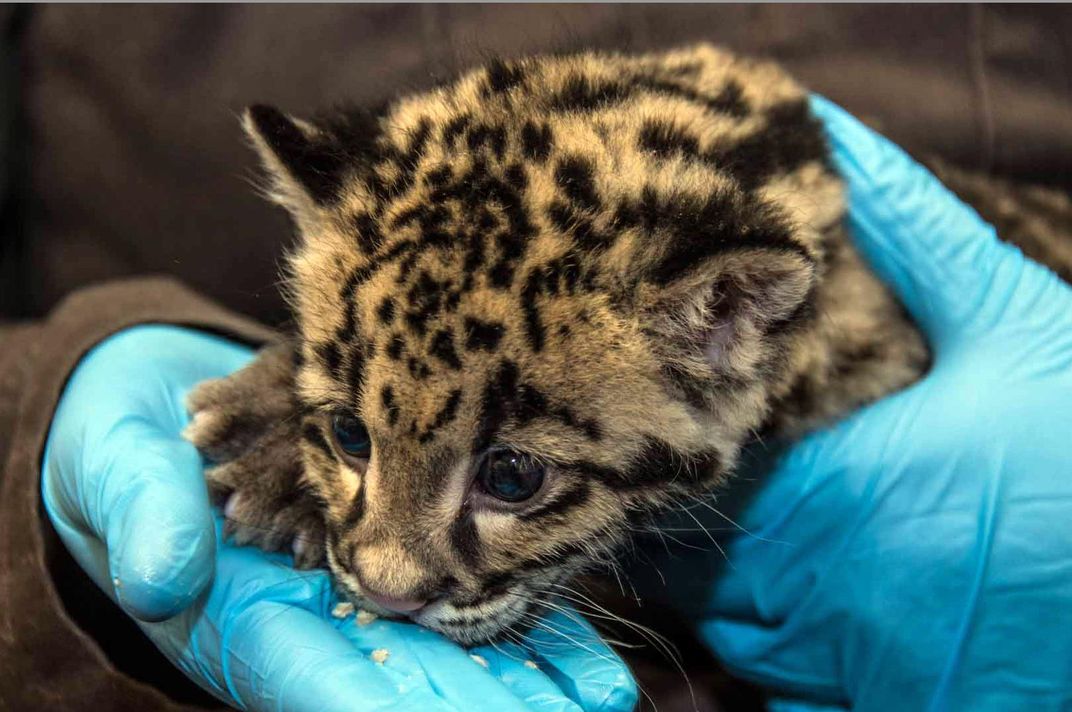
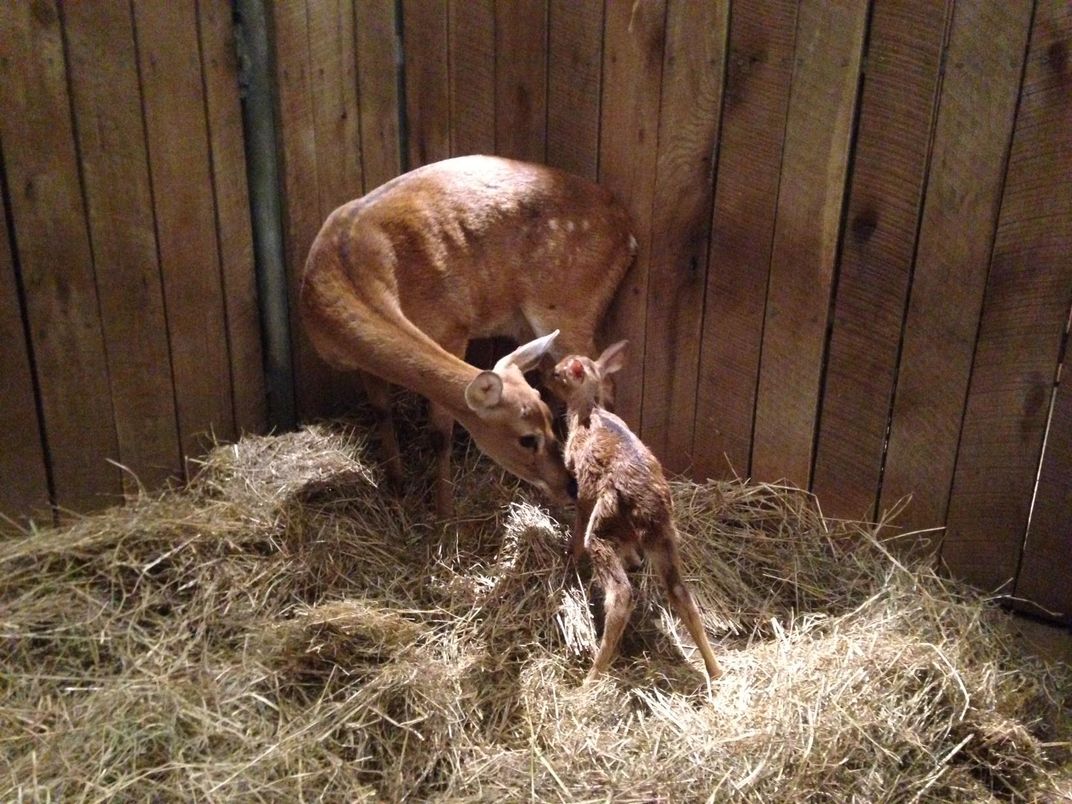
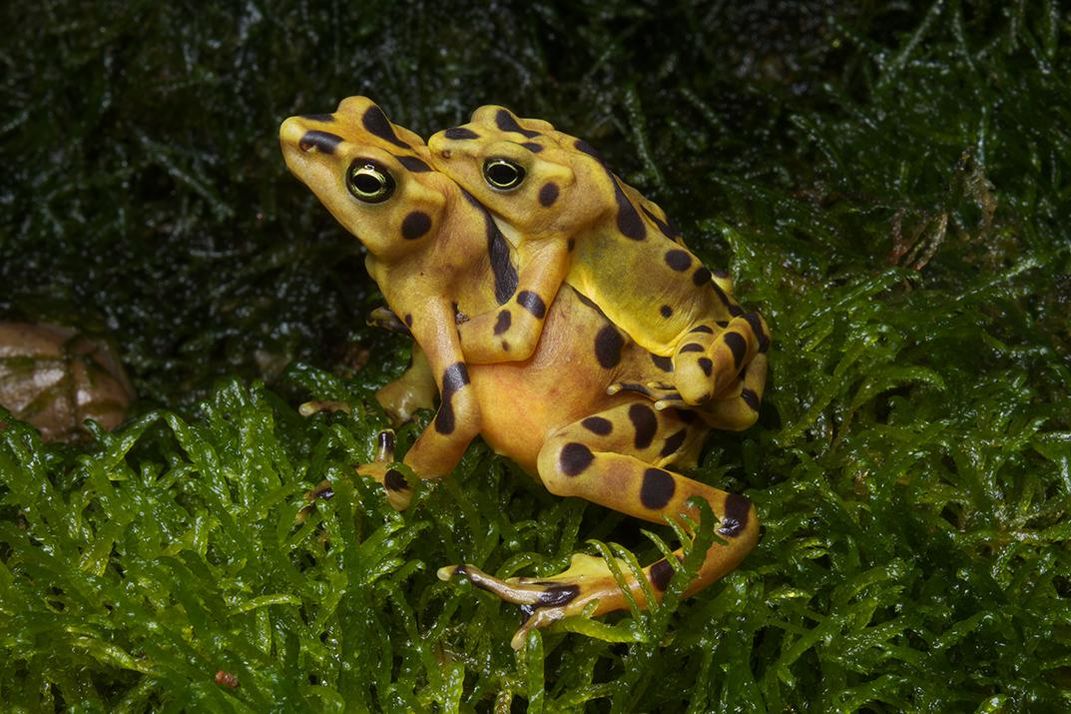
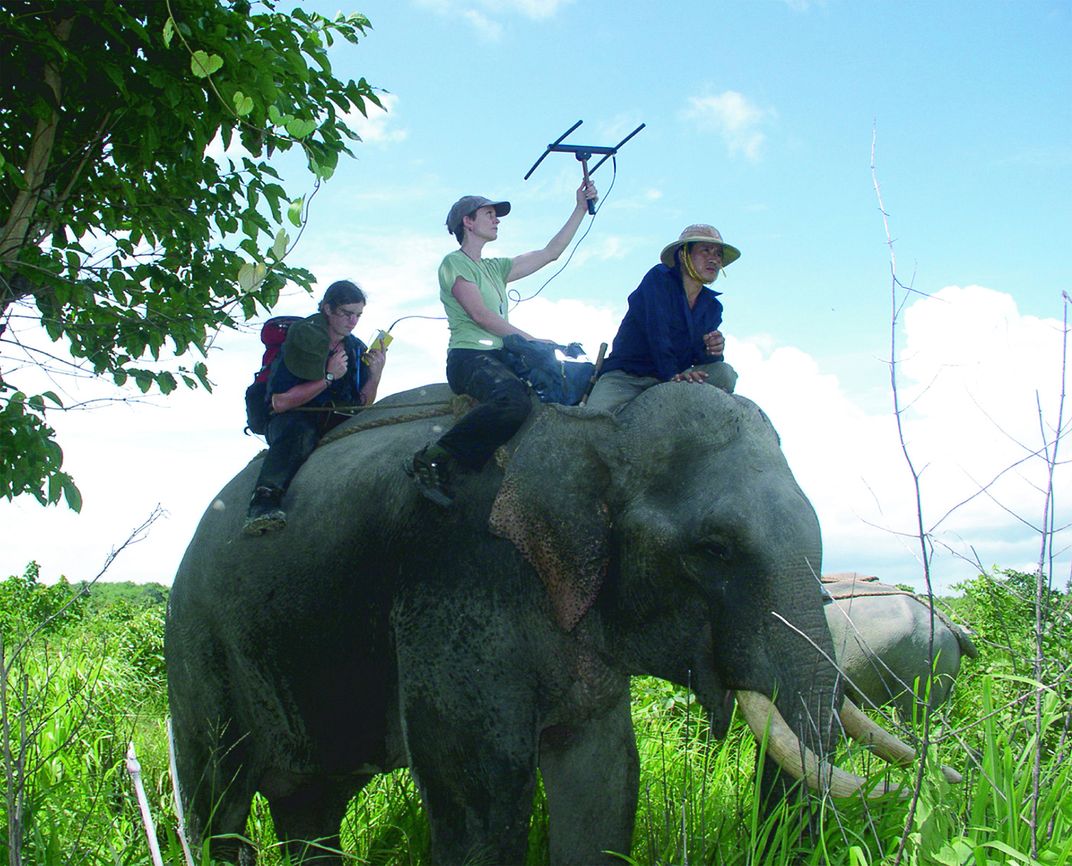
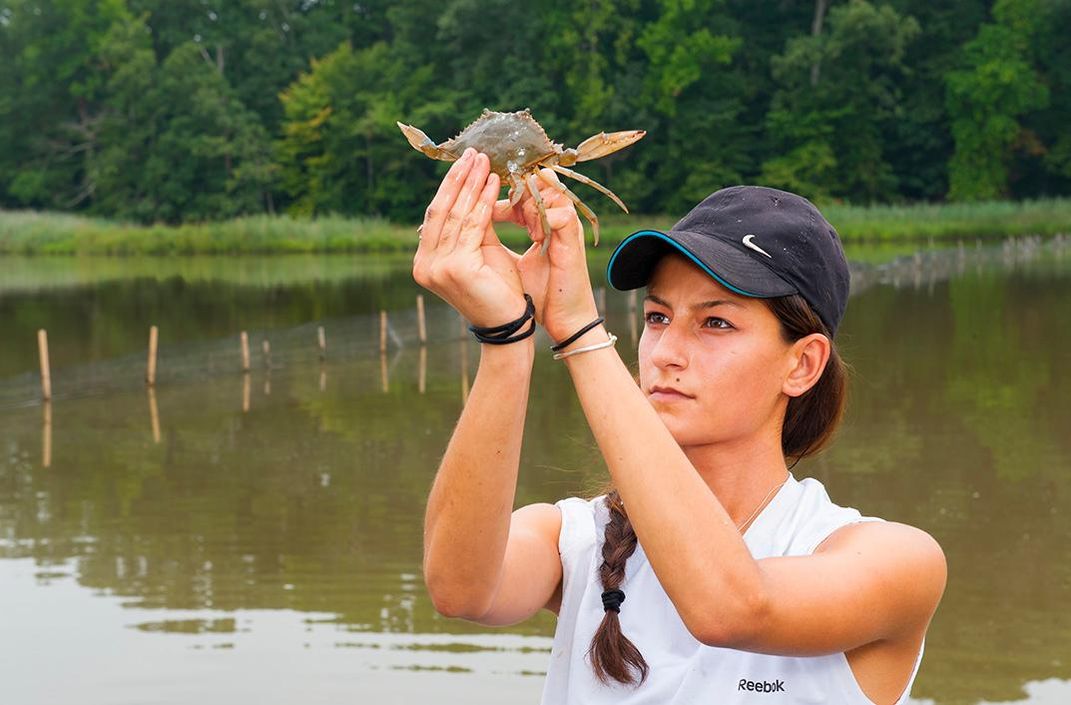
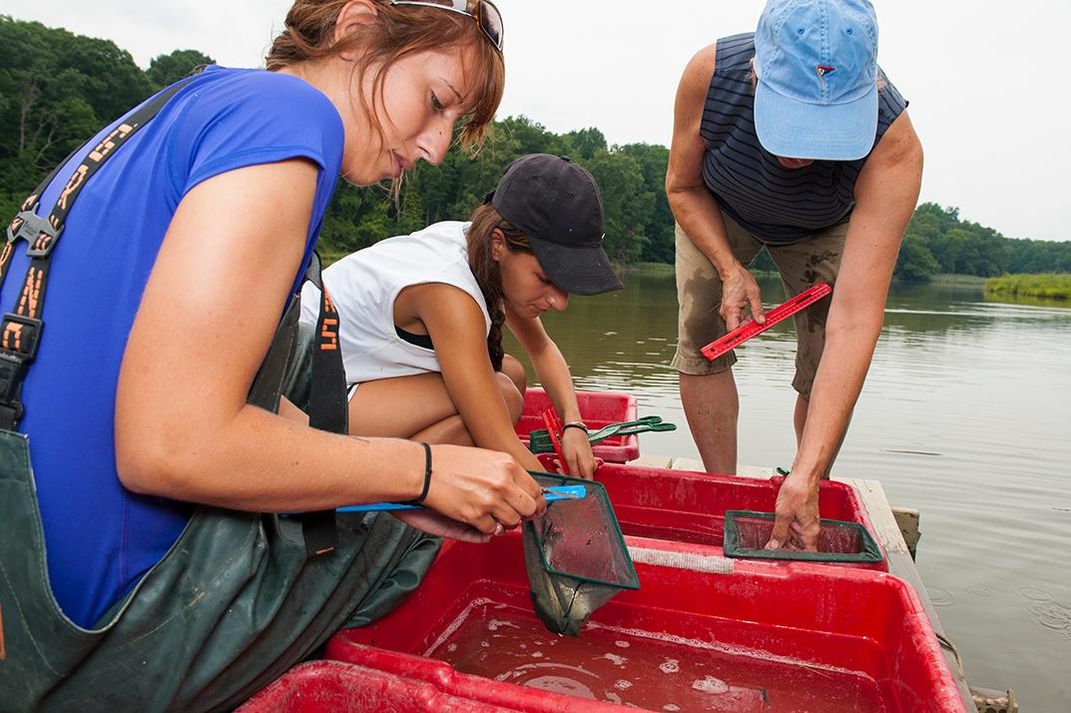
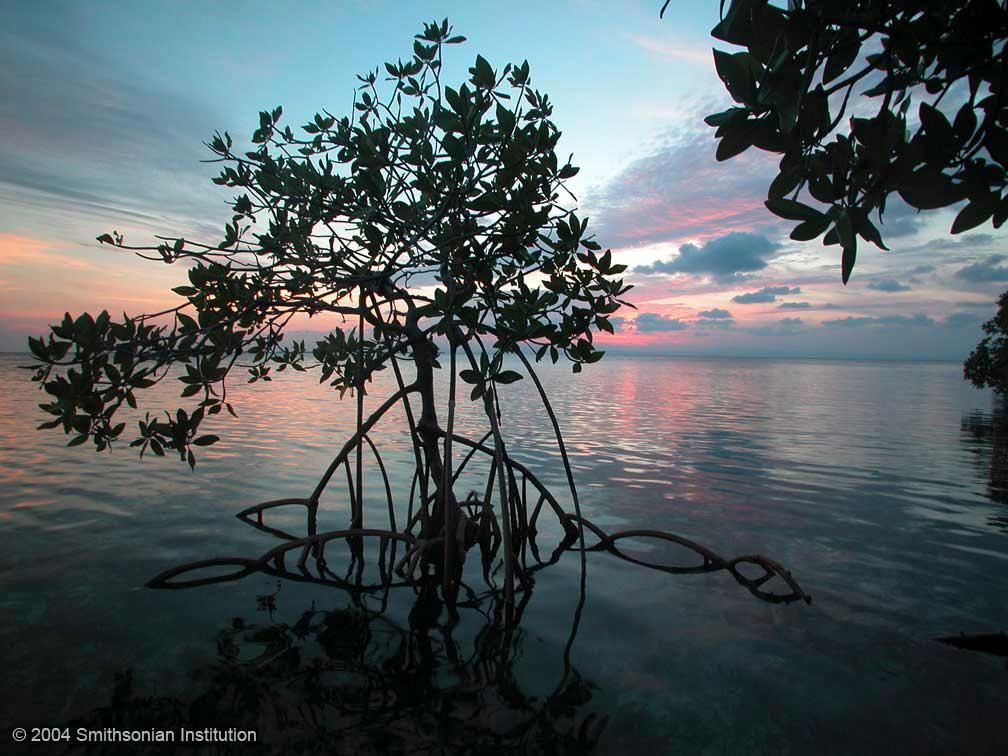
/https://tf-cmsv2-smithsonianmag-media.s3.amazonaws.com/filer/67/e3/67e38621-44f8-474a-a903-f82d02cfdcb0/2015juneredsiskinguyanaweb.jpg)
/https://tf-cmsv2-smithsonianmag-media.s3.amazonaws.com/accounts/headshot/JacksonLanders.jpg)